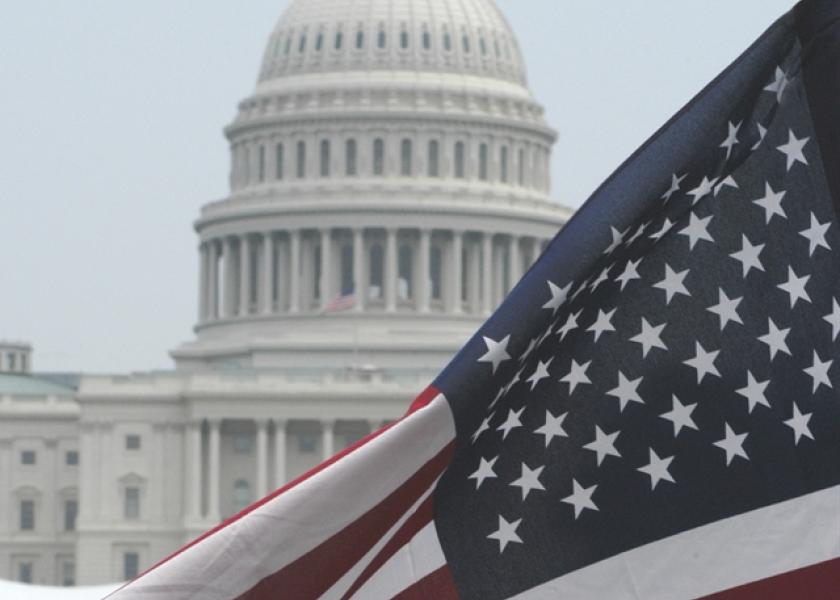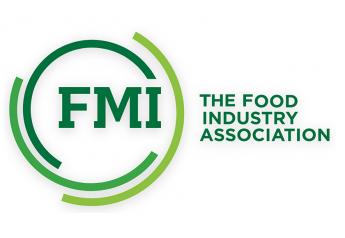Industry leaders ask for continued TASC support

Industry leaders have rallied to ask for renewed funding for the U.S. Department of Agriculture’s Technical Assistance for Specialty Crops program.
In a March 16 letter to House Agriculture Committee chairman Mike Conaway, R-Texas, and ranking member Collin Peterson, D-Minn., 46 specialty crop groups asked Congress to fund the TASC program in the next farm bill.
The USDA’s TASC program has been operating for 15 years, according to the letter, and was created to address sanitary and phytosanitary issues and technical barriers to trade that prohibit or threaten exports of U.S. specialty crops.
The letter — signed by Western Growers, United Fresh Produce Association, U.S. Apple Association, the National Potato Council and numerous other groups — said a newly enforced budget rule will mean the TASC program will no longer be a part of the farm bill’s baseline expenditures. That means, according to the letter, that TASC will cease operation on Oct. 1 if new funds aren’t found in an extension of the current farm bill or in new farm bill legislation.
“The urgent market access issues that TASC has resolved fully justify its continuation at the relatively-modest funding level of $9 million annually,” the letter said. “Without the public-private partnership provided by TASC, recent specialty crop exports to Australia, Canada, Costa Rica, Chile, China, the Dominican Republic, the European Union, India, Japan, Mexico, New Zealand, Philippines, South African, Central/South America, South Korea, Taiwan and Vietnam would still be impaired by sanitary and phytosanitary issues or technical barriers to trade issues,” the letter said.
Over the past three years, the program has assisted in overcoming export barriers for specialty crop commodities and projects in Alaska, California, Georgia, Idaho, Iowa, Hawaii, Maine, Massachusetts, Michigan, New Jersey, South Carolina, New York, Oregon, Washington and Wisconsin. Exporters of almonds, apples, apricots, blueberries, cherries, citrus, cranberries, nectarines, peaches, pears, plums, potatoes, raspberries and strawberries are among those who have been helped by the program, the letter said.







